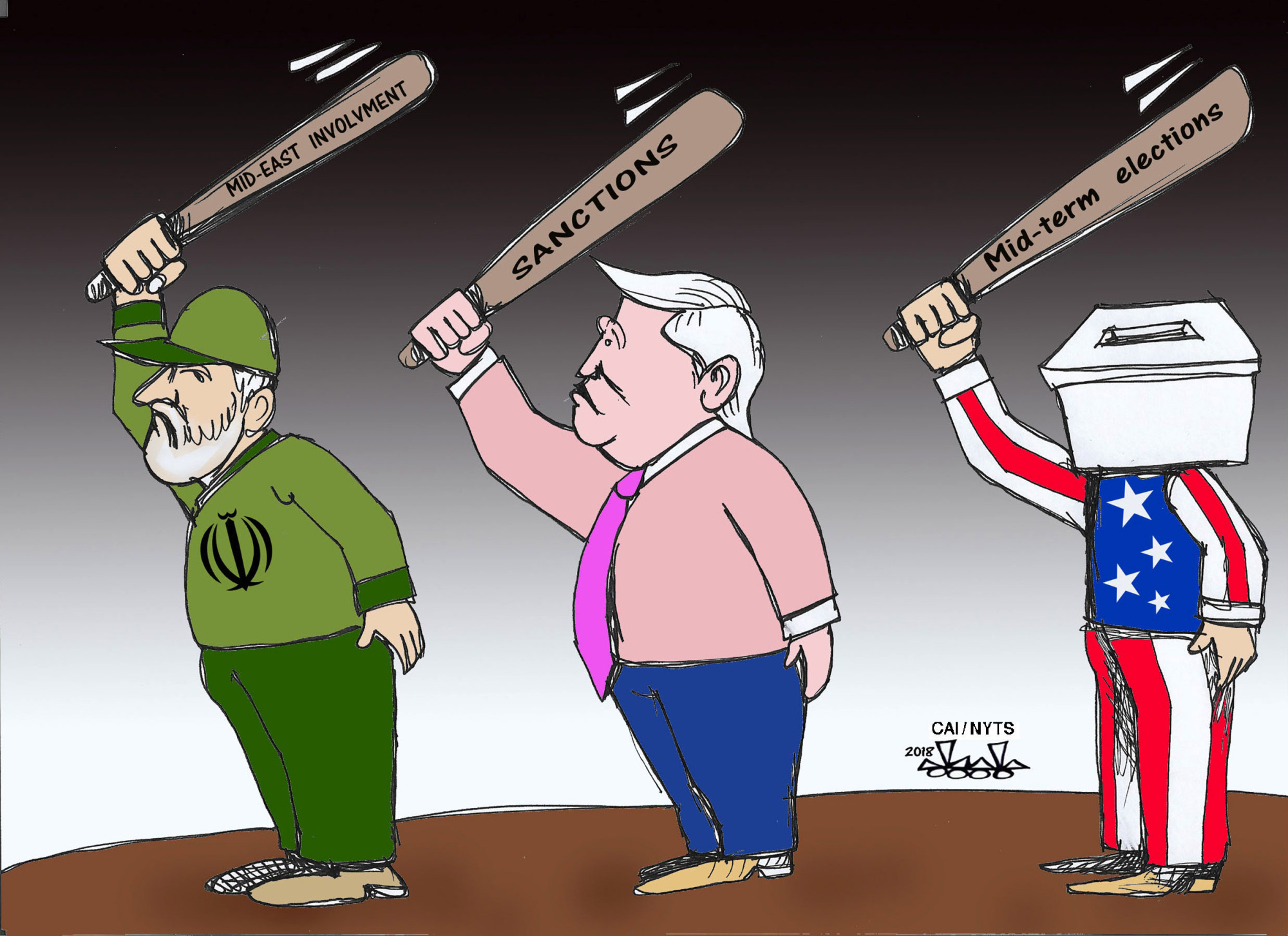Foreign policy issues rarely decide America's midterm elections, but every midterm election has implications for U.S. foreign policy.
Tuesday's midterms were watched closely by observers around the world, because in the age of Trump the global stakes of America's political choices have never seemed higher. The result — Democrats won a majority in the House while the Republicans held their majority in the Senate — will not fundamentally change how the United States approaches the world under President Donald Trump. But it will empower the Democrats in several areas, and it will reassure — at least temporarily — foreign observers who are desperately trying to divine where U.S. foreign policy is headed.
Let's start with the things that won't change. The outlines of Trump's foreign policy — the erratic behavior, the penchant for confrontation with allies and trading partners, the courting of authoritarian kindred spirits, the apparent mixing of personal and policy interests — will remain. Trump himself will not significantly alter his approach, and Democrats, who will control only one-half of one-third of the U.S. government, lack the power to make him shift course.



















With your current subscription plan you can comment on stories. However, before writing your first comment, please create a display name in the Profile section of your subscriber account page.